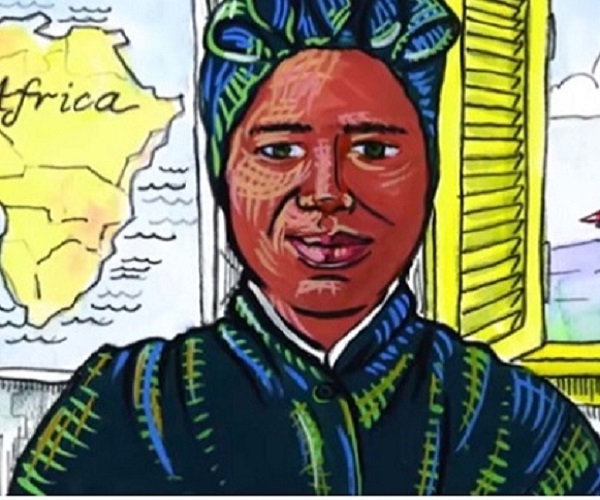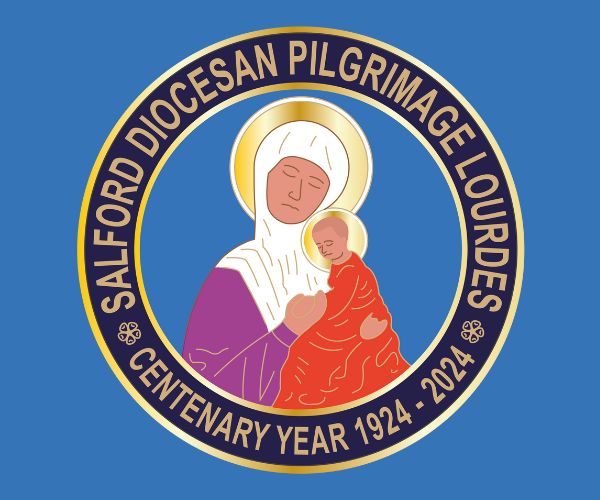
St Bakhita Day
Thursday 8th February 2018We all know the old saying if something doesn’t look right than it probably isn’t and this is the message that Anti Trafficking and Modern Slavery Campaigners are trying to get the public to understand.
The Modern Slavery Act (2015) defined the crime of modern slavery as occurring when any person holds another person in slavery or servitude, or when a person requires another person to perform forced or compulsory labour. In this country there are many faces of modern slavery: people who find themselves in situations of domestic servitude; women and girls from abroad and from the UK trafficked for sexual exploitation; men and women abused by drug cartels and organized crime groups who end up in car washes, nail bars and as cleaners; and finally the thousands of people recruited from Eastern European countries who are exploited in various industrial and agricultural sectors – farming, fishing, poultry and factories. Human trafficking, more specifically, occurs when one person arranges or organises the movement of another person (within the same country or across national borders) so they can exploit or enslave that person.
In 2016, Pope Francis called Modern Slavery a ‘true crime against humanity’ and urged the Catholic Church to assist in the fight to eliminate it. The eradication of Modern Slavery was included in the United Nations Sustainable Development goals in 2015. As a Church we are in a privileged position as many of those exploited look to the church and come to the Church for help.
Locally action is taken by Caritas Anti-Trafficking project which was inspired by an initiative in the parish of Our Lady of the Valley which works with East Lancashire Police in raising awareness on the issue.
The project also links more widely with Greater Manchester Police, the Medaille Trust and the Santa Marta Group in Westminster.
The Santa Marta Group was developed by the Catholic Bishops Conference of England and Wales and first met in Rome during April 2014 when police chiefs and Catholic bishops came to together, in the presence of Pope Francis, to sign an historic declaration, committing themselves to a partnership to eliminate human trafficking.
8th February 2018 marks the fourth international day of prayer and reflection against human trafficking. This date has been chosen as it is the Feast Day of St Josephine Bakhita. St. Josephine was kidnapped and sold into slavery at the age of 7. After she was freed in her early 20s she was baptized and became a nun in Italy.
St. Josephine Bakhita, has emerged as a patron for all victims of trafficking and her legacy remains in the work undertaken by the local anti-trafficking groups around the world.



